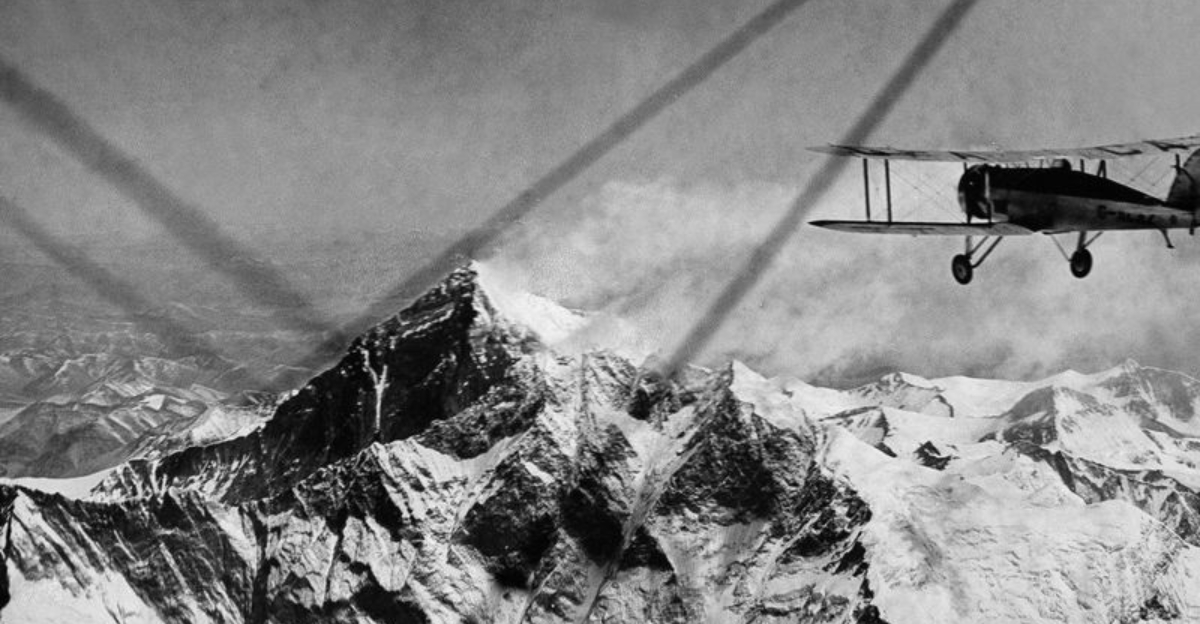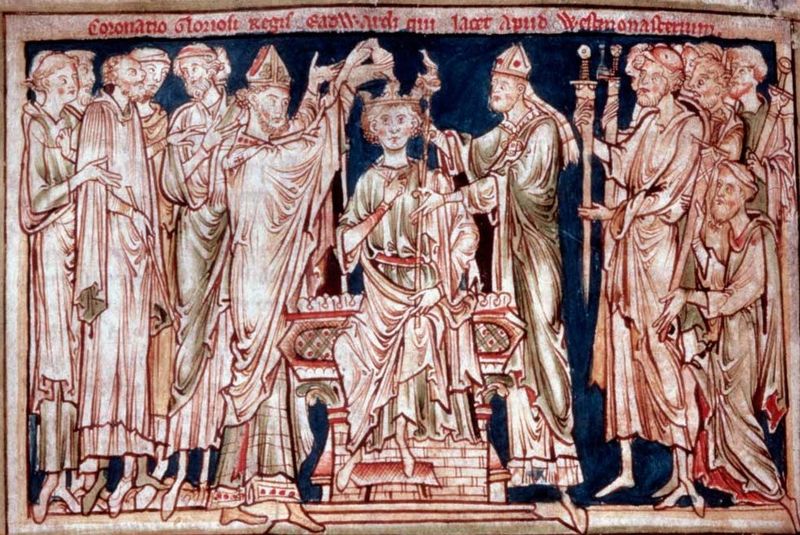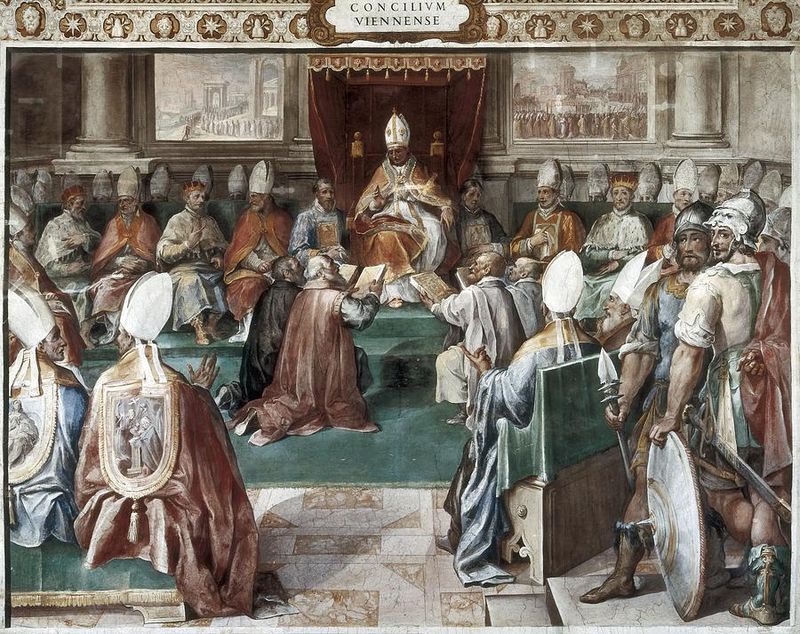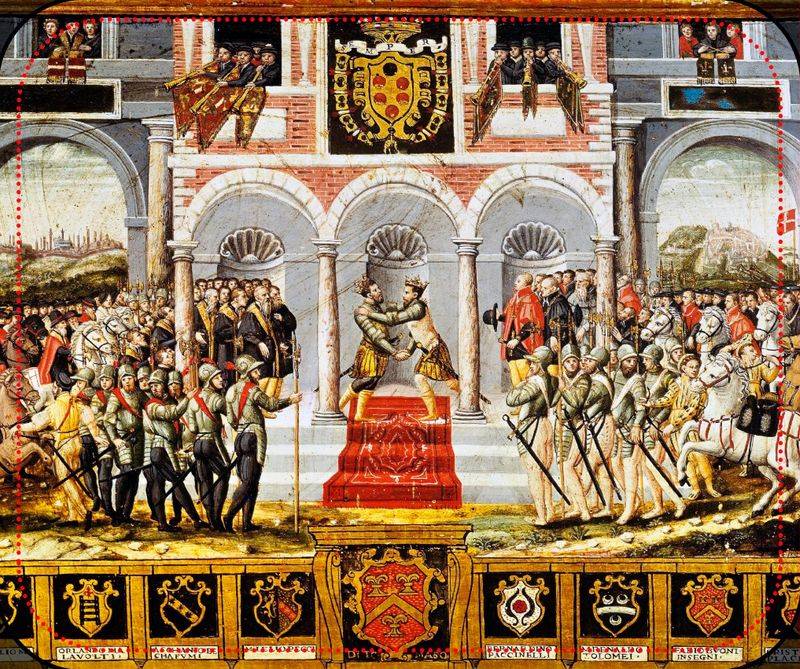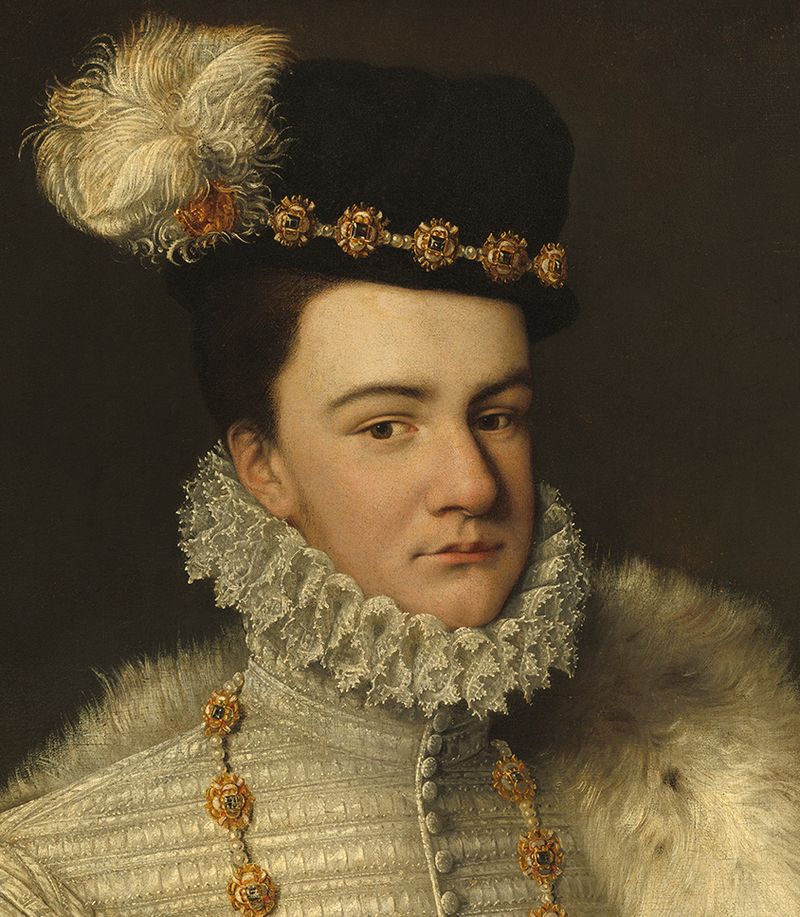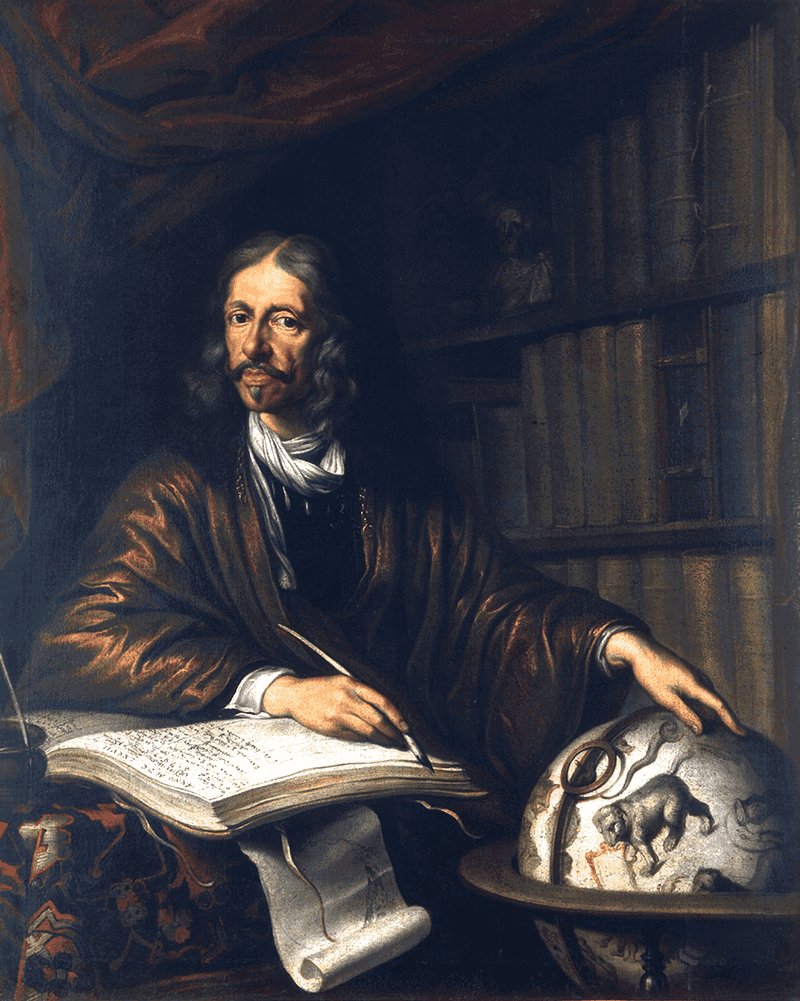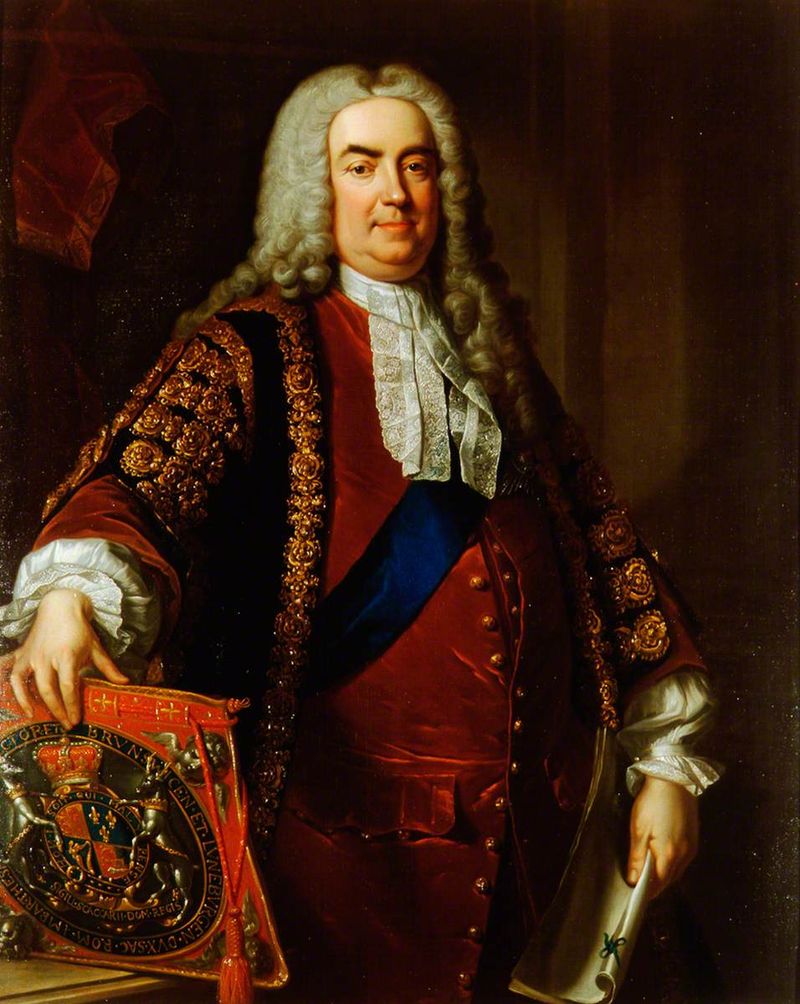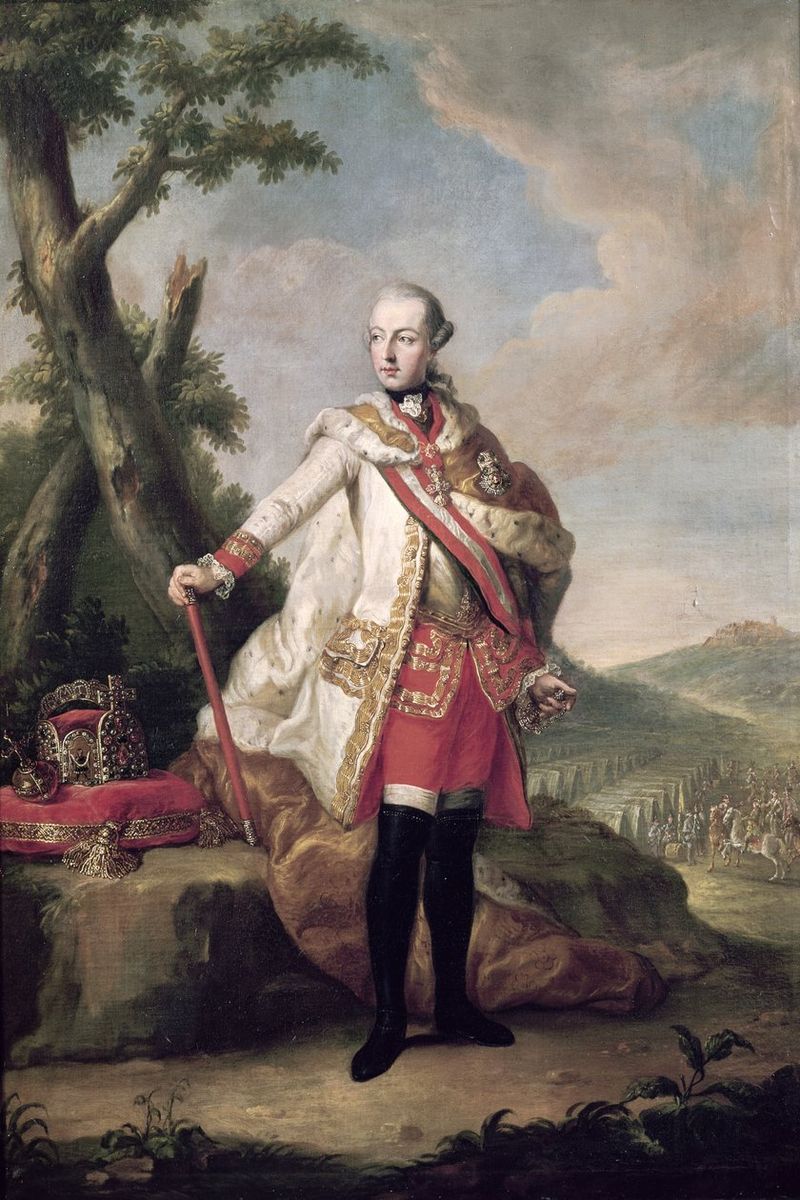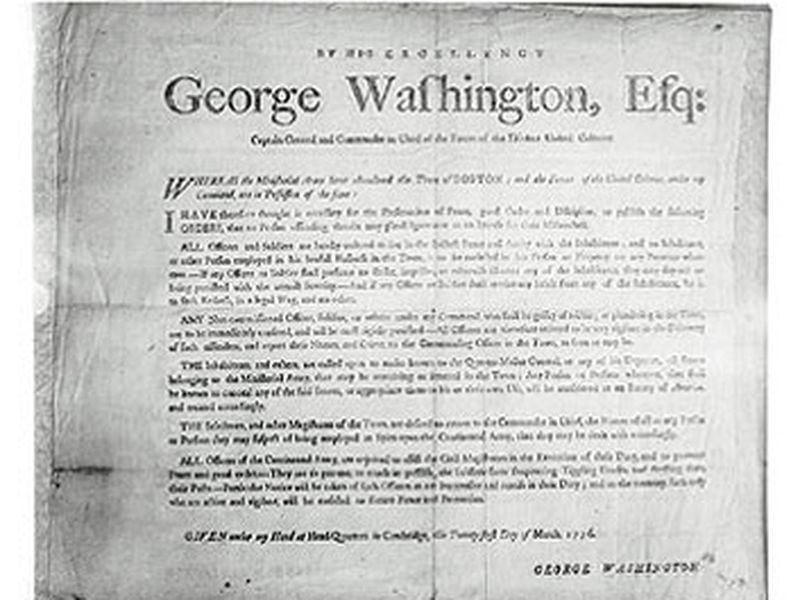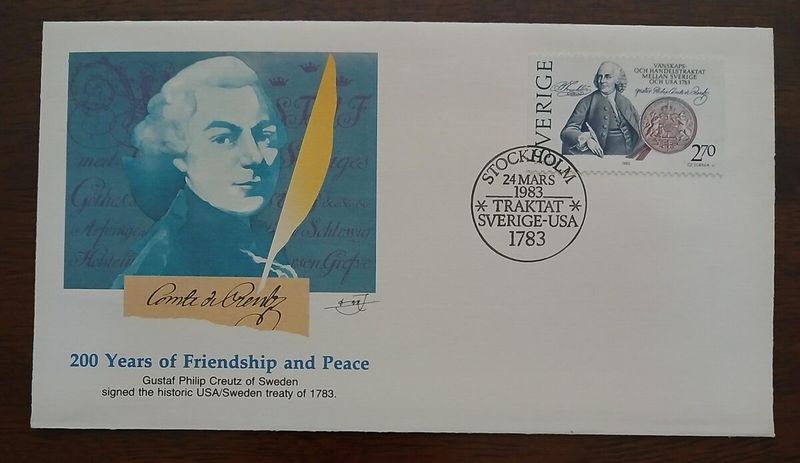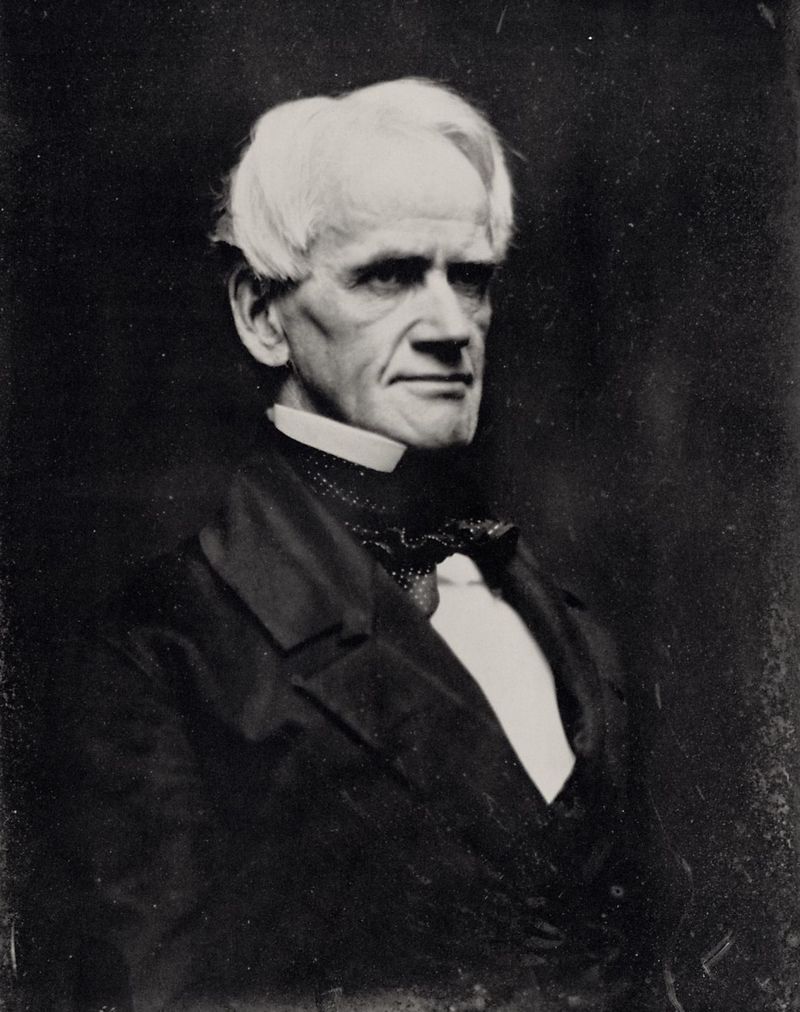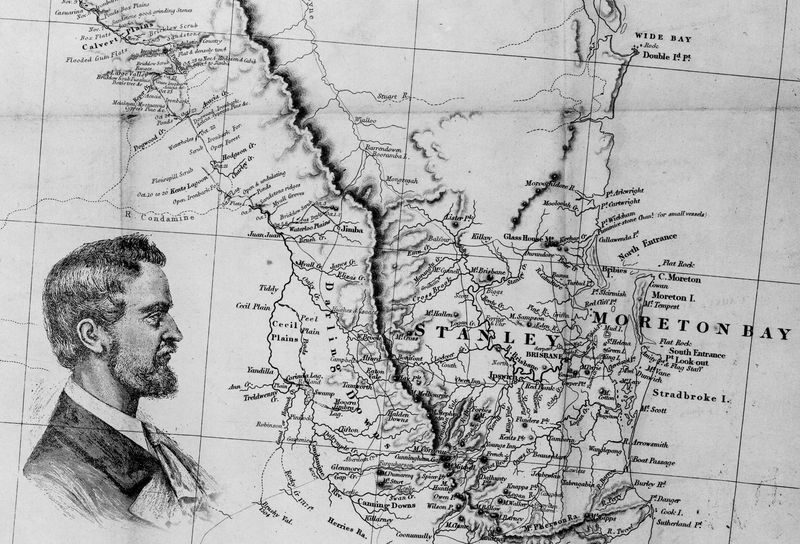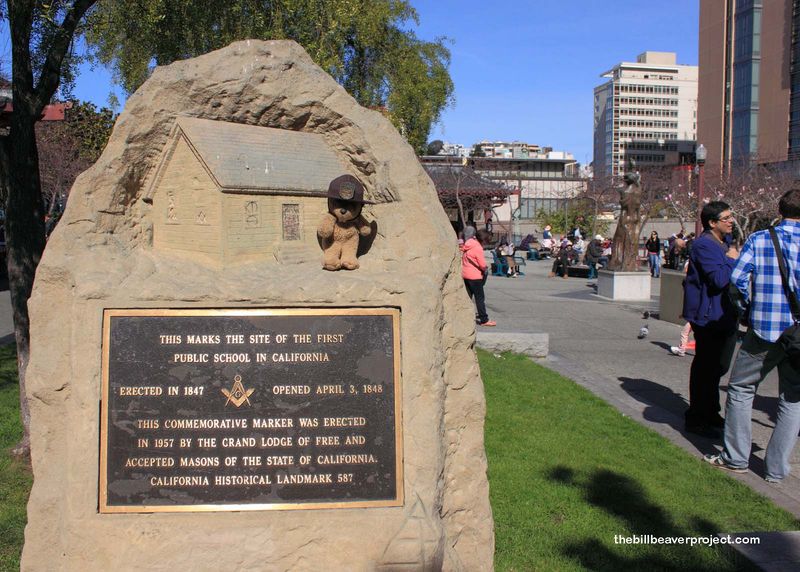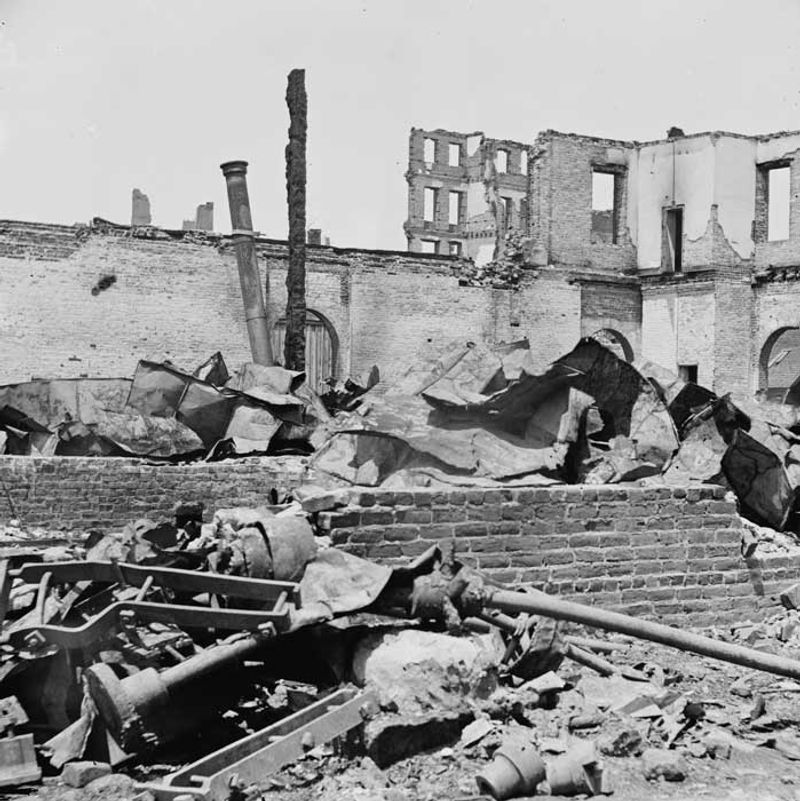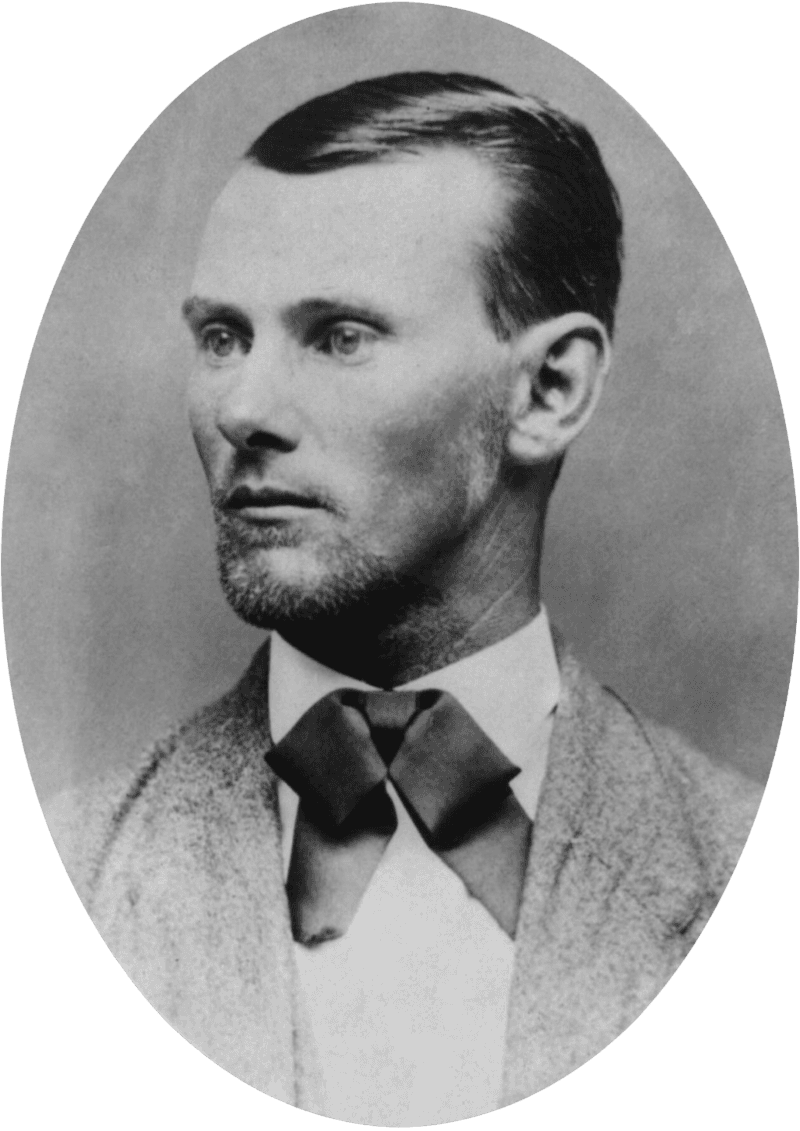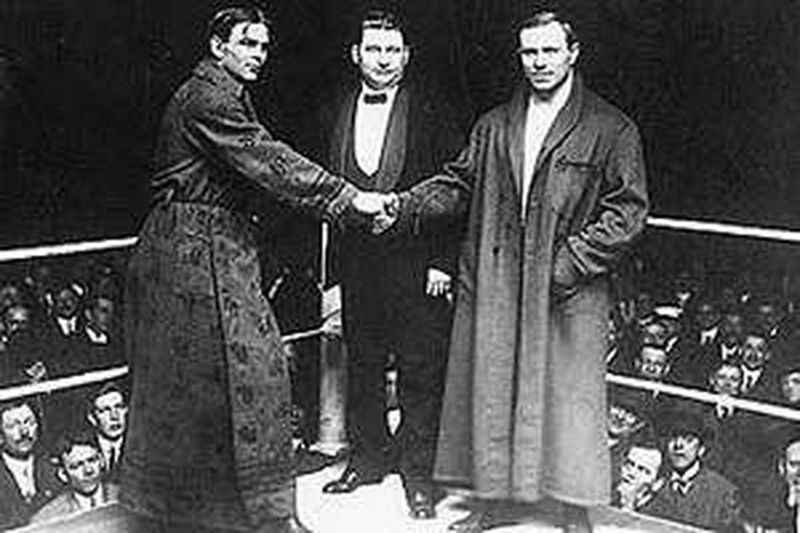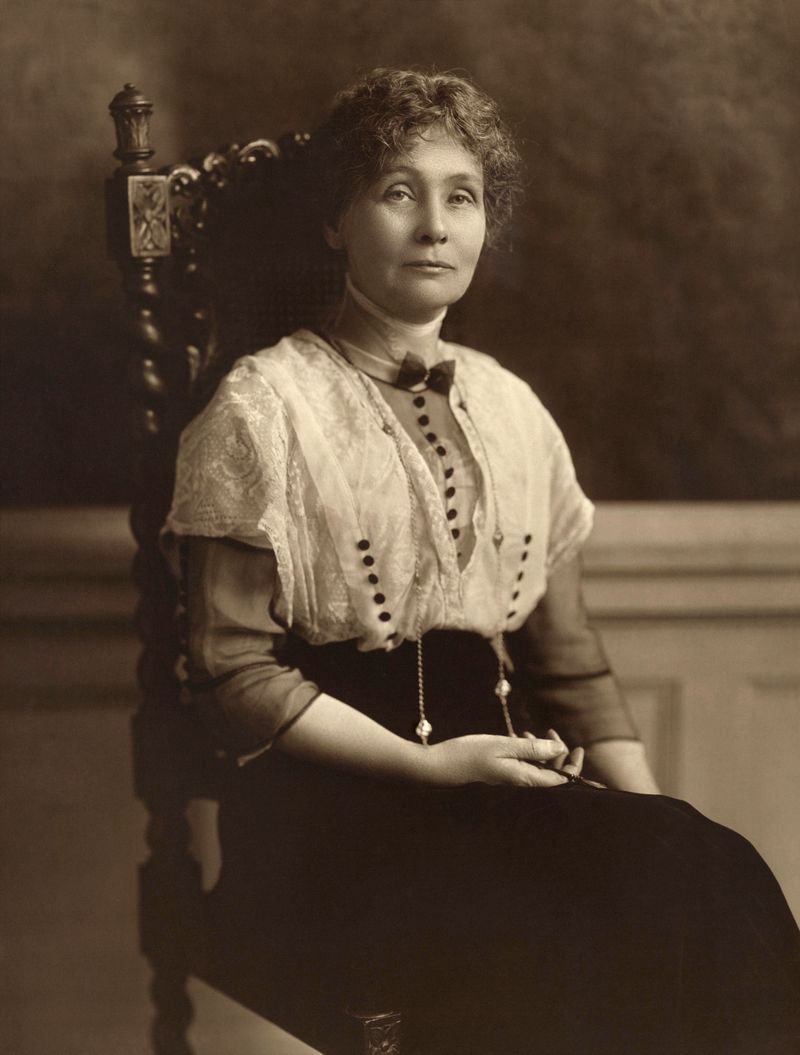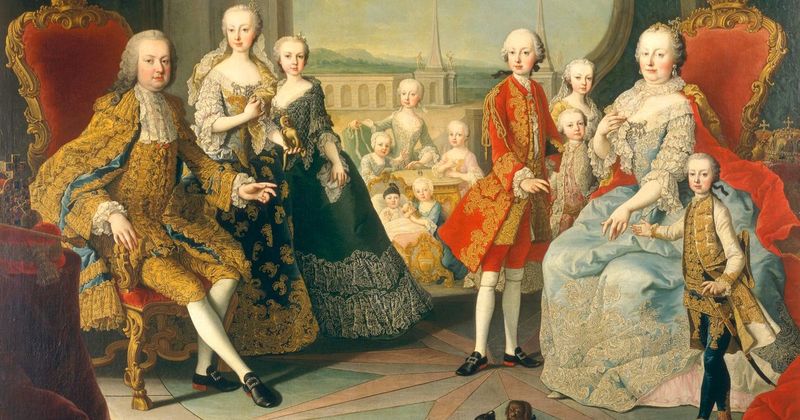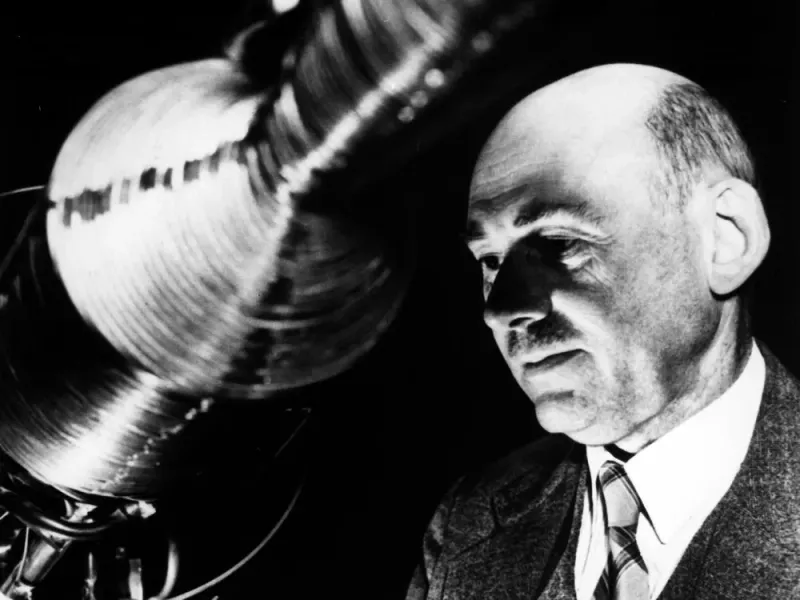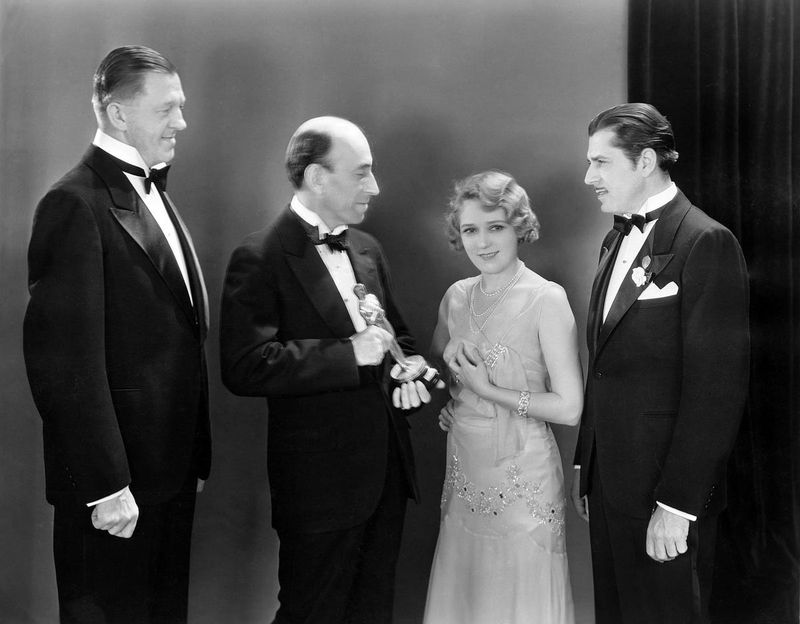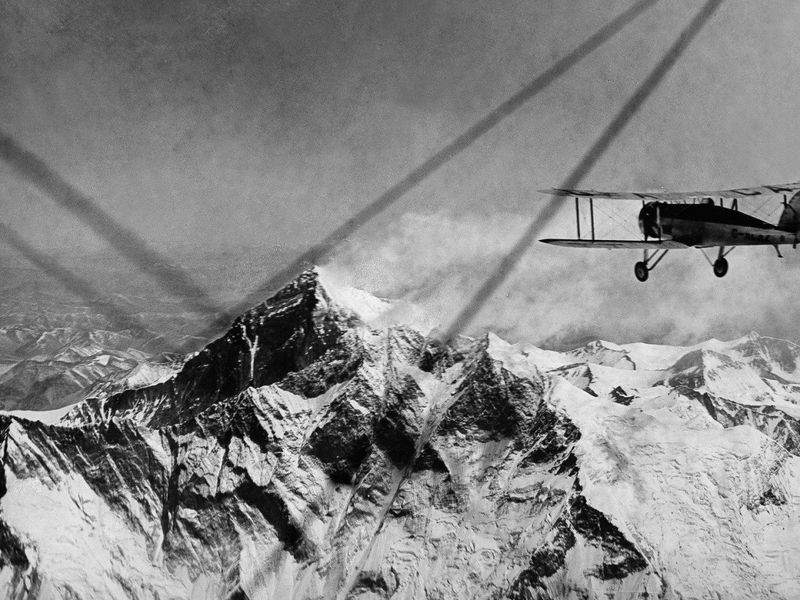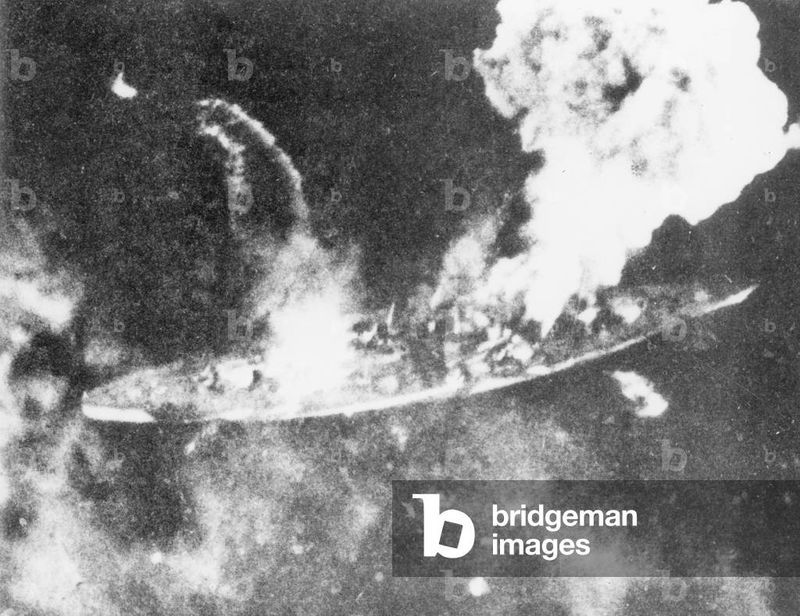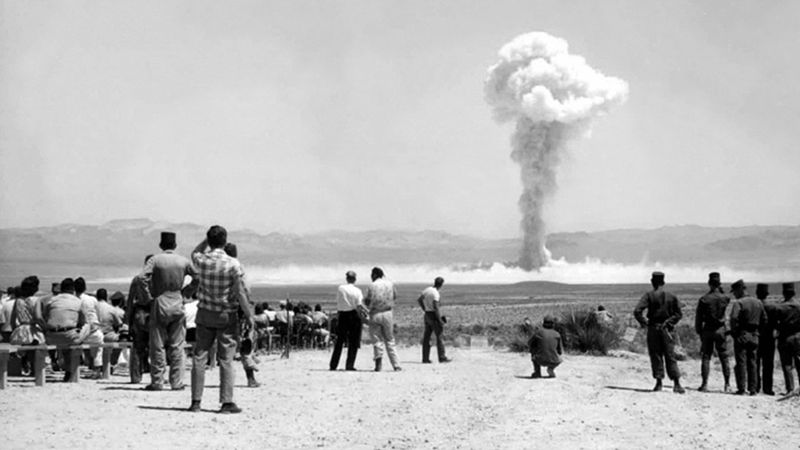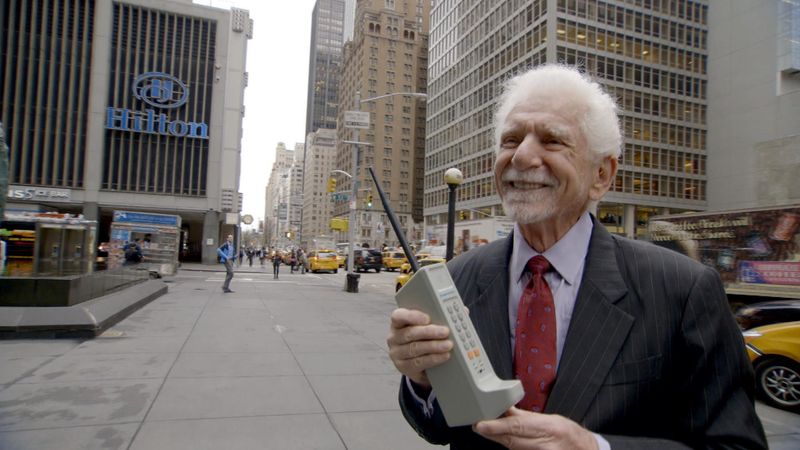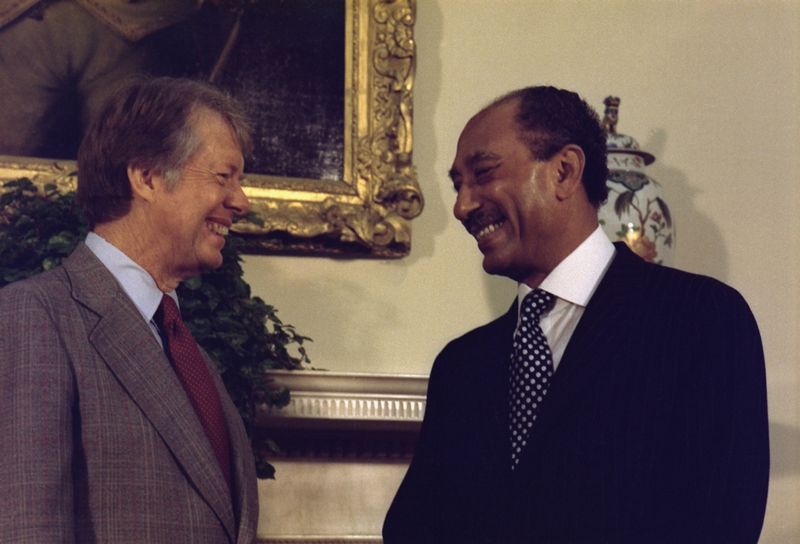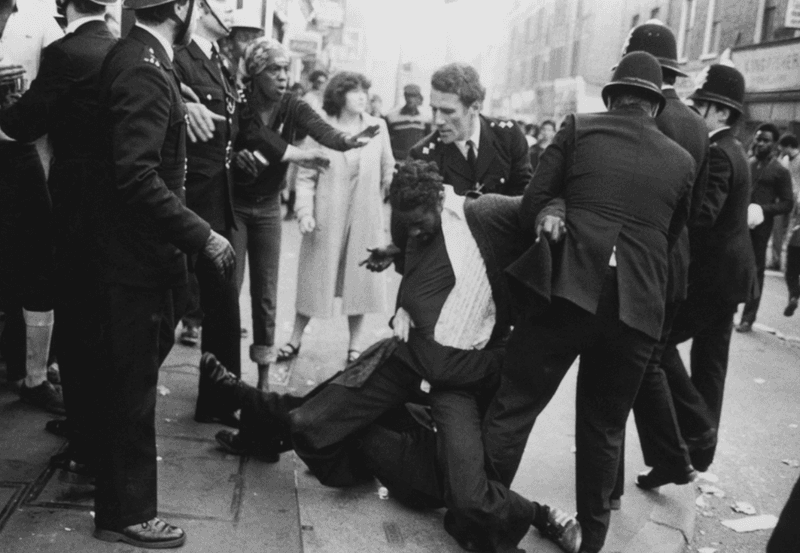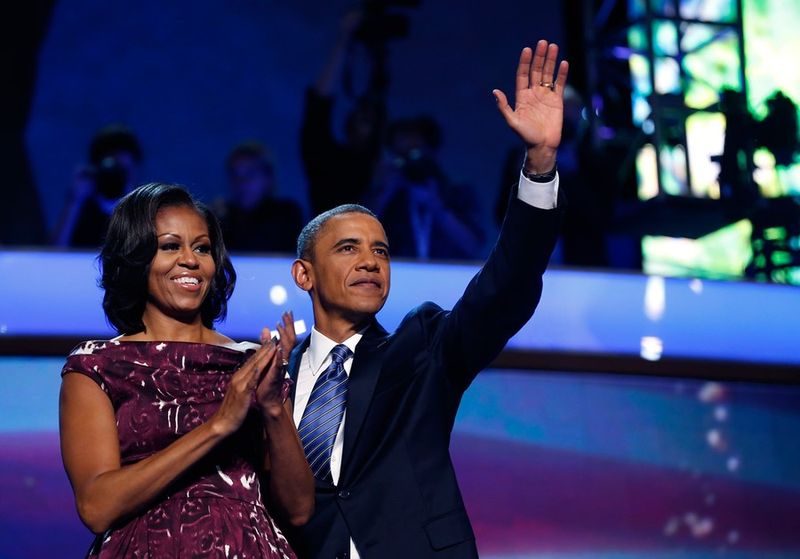April 3rd has witnessed an array of historical events that have shaped nations, cultures, and societies.
From royal coronations to groundbreaking technological achievements, this day holds a mirror to humanity’s diverse and storied past.
Let’s explore 29 powerful events that occurred on this day throughout history.
1. 1043 Edward the Confessor crowned King of England
Edward the Confessor’s coronation in 1043 marked a pivotal moment in English history. As he took the throne, England was on the brink of change. Edward, known for his piety, stood in Westminster Abbey, a place as grand as the occasion itself. Surrounded by the regal splendor of Anglo-Saxon nobility, his rule set the stage for future dynastic shifts.
His reign was characterized by a strong focus on religious dedication, leaving a lasting impact on English culture. His influence is still felt today, a testament to the enduring power of this historic day.
2. 1312 2nd council of Vienna, Knights Templars suppressed
In 1312, the 2nd Council of Vienna led to the dramatic suppression of the Knights Templar. This decision was enveloped in political intrigue and religious fervor, as leaders gathered to dismantle the powerful order.
The once-mighty Templars faced accusations that would lead to their demise, their legendary valor overshadowed by conspiracy. The council’s decisions rippled through Europe, marking the end of an era.
Today, the Templar story continues to captivate, a symbol of mystery and lost power, all originating on this historic day.
3. 1559 Spain & France sign 2nd Treaty of Le Cateau-Cambrésis
The 2nd Treaty of Le Cateau-Cambrésis in 1559 marked peace between Spain and France, ending decades of strife. This treaty was sealed through diplomacy, with representatives clad in rich fabrics, their signatures bridging nations.
The agreement redrew borders, impacting European geopolitics for years to come. While peace was achieved, the echoes of past conflicts lingered, shaping future alliances.
This day stands as a testament to the power of negotiation and the enduring quest for harmony between rivals.
4. 1582 Francis of Valois, Duke of Anjou honored as Duke of Gelre, Earl of Zutphen
In 1582, Francis of Valois was honored as the Duke of Gelre and Earl of Zutphen. The ceremonial bestowal of these titles added prestige to his name, reflecting the intricate tapestry of European nobility.
Francis, standing amidst the grandeur, embodied the political aspirations of his time, his influence stretching across regions. This honor was not merely ceremonial; it was a strategic move within the complex web of European power.
This day highlights the interplay of ambition and recognition in the world of nobility.
5. 1679 Edmond Halley meets fellow astronomer Johannes Hevelius in Danzig
The meeting of Edmond Halley and Johannes Hevelius in Danzig in 1679 was a celestial convergence of minds. Halley, a young astronomer eager to learn, found a mentor in Hevelius. Together, they explored the cosmos, their discussions rich with curiosity and discovery.
This meeting was more than a mere encounter; it was a symbol of scientific collaboration that would transcend time.
Their shared passion for the stars paved the way for future explorations, making this day a shining moment in astronomical history.
6. 1721 Robert Walpole becomes Britain’s 1st Lord of the Treasury
In 1721, Robert Walpole was appointed as Britain’s first Lord of the Treasury, a role that would evolve into the office of Prime Minister. His leadership embodied the dawn of political stability and economic reform in Britain.
Walpole’s influence was profound, steering the nation through turbulent times with pragmatism and vision. His legacy is a testament to the strength of effective governance and the power of political foresight.
This day marks the beginning of a new chapter in British political history.
7. 1764 Austrian Archduke Jozef crowned himself Holy Roman Emperor Josef II
In 1764, Archduke Jozef crowned himself as Holy Roman Emperor Josef II in a ceremony filled with imperial splendor. This act signified his ambition and the beginning of an era marked by reform and enlightenment.
Josef II’s reign was characterized by progressive policies and a push towards modernization. His vision for a more enlightened empire left a lasting impact on the region.
This day symbolizes the power of self-determination and the transformative potential of enlightened leadership.
8. 1776 Harvard College votes to award George Washington an honorary Doctor of Laws (LL.D.) degree
In 1776, Harvard College took a historic step by awarding George Washington an honorary Doctor of Laws degree. This recognition was a testament to Washington’s leadership during a pivotal time in American history.
As the Revolutionary War unfolded, this honor underscored the respect and admiration he commanded. The degree was more than an accolade; it was a symbol of the hopes and dreams vested in Washington’s vision for the nation.
This day reflects the intertwining of academia and leadership in shaping a new America.
9. 1783 Sweden & US sign a treaty of Amity & Commerce
The signing of the Treaty of Amity & Commerce between Sweden and the US in 1783 marked a new era of international relations. This treaty symbolized mutual respect and cooperation, fostering trade and friendship.
As the ink dried, the foundations for diplomatic and economic ties were firmly established. This agreement reflected the growing influence of the US on the world stage.
This day is a reminder of the enduring power of diplomacy in building bridges across continents.
10. 1848 American education reformer Horace Mann joins the US Senate, representing Massachusetts
In 1848, Horace Mann took his seat in the US Senate, representing Massachusetts and bringing a fervent passion for education reform. Known as the Father of American Education, Mann championed the cause of universal education.
His advocacy for public schooling was a beacon of progress, aiming to shape an informed citizenry. Mann’s influence on education policy remains profound, his legacy a cornerstone of the American educational system.
This day highlights the transformative power of dedication to public service and education.
11. 1848 German explorer Ludwig Leichhardt is seen for the last time at McPherson’s Station, Coogoon
The last sighting of German explorer Ludwig Leichhardt in 1848 at McPherson’s Station, Coogoon, adds an air of mystery to his adventurous legacy. Leichhardt, a passionate explorer, ventured into the uncharted Australian wilderness.
His disappearance remains one of exploration’s great enigmas, fueling tales of courage and the unknown. Leichhardt’s adventurous spirit continues to inspire those who seek the thrill of discovery.
This day serves as a poignant reminder of the enduring allure of exploration and the mysteries it holds.
12. 1848 Thomas Douglas becomes 1st public teacher in San Francisco
Thomas Douglas’s role as the first public teacher in San Francisco in 1848 marked a milestone in the city’s educational landscape. Amidst the Gold Rush, Douglas’s classroom became a sanctuary of learning and growth.
His dedication to education laid the groundwork for future generations, nurturing minds in a rapidly changing world. Douglas’s pioneering efforts remain a testament to the transformative power of teaching.
This day underscores the vital role of educators in shaping society and the enduring legacy of those who pave the way for learning.
13. 1865 Battle at Namozine Church, Virginia (Appomattox Campaign)
The Battle at Namozine Church in 1865 was a critical engagement during the Appomattox Campaign of the American Civil War. As Union and Confederate forces clashed, the air was thick with the resolve of soldiers on both sides.
This battle, part of the final push towards Appomattox, was a testament to the determination and sacrifice of those involved.
The echoes of gunfire and the courage of the individuals at Namozine Church remain etched in history, reflecting the complexities of a nation at war.
14. 1868 A Hawaiian surfs on highest wave ever – a 50-foot tidal wave
In 1868, a Hawaiian surfer achieved the extraordinary by riding a colossal 50-foot tidal wave. This feat showcased not only courage but also the deep connection between the Hawaiian people and the ocean.
The surfer’s skill and bravery became a part of local legend, a tale of human spirit conquering nature’s immense power.
This day highlights the enduring bond between culture and environment, and the fearless pursuit of harmony with the natural world.
15. 1882 American outlaw Jesse James is shot in the back of the head and killed
The infamous demise of American outlaw Jesse James in 1882 marked the end of a notorious chapter in Wild West history. Known for his daring heists and rebellious spirit, James was a symbol of the lawless frontier.
His death at the hands of a trusted associate added a layer of betrayal to his already infamous legend.
James’s story continues to captivate, a tale of adventure, infamy, and the complex dynamics of trust and betrayal in the wild west.
16. 1908 Frank Gotch wins world heavyweight wrestling championship in 2 hrs
In 1908, Frank Gotch secured his place in wrestling history by winning the world heavyweight championship in a grueling two-hour match. Known for his technical prowess and tenacity, Gotch’s victory was a testament to his skill and endurance.
The match drew a fervent crowd, their cheers echoing as Gotch showcased his mastery of the sport.
This day highlights the spirit of competition and the dedication required to achieve greatness, resonating with wrestling enthusiasts and sports historians alike.
17. 1913 British suffragette Emmeline Pankhurst is sentenced to 3 years in jail
In 1913, British suffragette Emmeline Pankhurst was sentenced to three years in jail, a pivotal moment in the fight for women’s suffrage. Pankhurst’s unyielding determination and courage made her a formidable force in the movement.
Her imprisonment galvanized supporters, drawing international attention to the cause. Pankhurst’s legacy is one of resilience and the relentless pursuit of equality.
This day symbolizes the sacrifices made by those who dared to challenge the status quo in the quest for justice.
18. 1919 Austria expels all Habsburgers
The expulsion of the Habsburg family from Austria in 1919 marked the end of a dynastic era. As Austria transitioned from empire to republic, the removal of the Habsburgs was a symbol of change and renewal.
The family, once emblematic of imperial power, faced a new reality as Austria embraced democracy.
This day stands as a reminder of the shifting tides of history and the enduring impact of political transformation on the lives of individuals and nations.
19. 1924 Istanbul’s Ottoman Topkapi Palace is converted into a museum on orders of Mustafa Kemal Atatürk
In 1924, Istanbul’s Ottoman Topkapi Palace was transformed into a museum by the directive of Mustafa Kemal Atatürk. This conversion marked a new chapter for the historic site, opening its doors to the public.
Visitors could now explore the exquisite architecture and rich history of the Ottoman Empire. Atatürk’s vision reflected his commitment to modernization and cultural preservation.
This day signifies a harmonious blend of history and progress, ensuring that the past remains accessible to future generations.
20. 1926 Second flight of a liquid-fueled rocket by Robert Goddard
Robert Goddard’s second flight of a liquid-fueled rocket in 1926 marked a milestone in space exploration. Goddard’s pioneering work laid the foundation for the modern space age.
His relentless experimentation and innovation propelled humanity towards the stars, a testament to the power of vision and perseverance.
This day represents the spirit of exploration and the endless possibilities that await beyond our planet, inspired by Goddard’s groundbreaking efforts.
21. 1930 2nd Academy Awards: “The Broadway Melody”, Warner Baxter & Mary Pickford win.
The 2nd Academy Awards in 1930 celebrated cinematic excellence with “The Broadway Melody” taking top honors. Warner Baxter and Mary Pickford’s wins added star power to the glamorous event.
The awards highlighted the magic of storytelling and the allure of the silver screen. Hollywood’s burgeoning industry was on display, captivating audiences worldwide.
This day remains a tribute to the artistry of film and the enduring legacy of cinema’s golden age.
22. 1933 1st airplane flight over Mt Everest
In 1933, aviation history was made with the first airplane flight over Mount Everest. This daring feat pushed the boundaries of human achievement, as the aircraft soared over the world’s highest peak.
The flight demonstrated the possibilities of aviation and the spirit of exploration that drives humanity.
This day stands as a testament to the courage and innovation required to conquer the skies, inspiring future generations to reach new heights.
23. 1944 British dive bombers attack German battleship Tirpitz at Kåfjorden, Norway
The 1944 attack on the German battleship Tirpitz by British dive bombers was a daring operation during World War II. The skies over Kåfjorden, Norway, were filled with the roar of engines and the determination of pilots.
This strategic assault aimed to neutralize a formidable threat, showcasing the tactics and bravery of the Royal Air Force.
The attack on the Tirpitz remains a symbol of wartime resilience and the relentless pursuit of victory.
24. 1957 USSR performs atmospheric nuclear test
In 1957, the USSR conducted an atmospheric nuclear test, a powerful demonstration of Cold War tensions. The detonation created a massive mushroom cloud, a stark symbol of the nuclear age.
This test underscored the arms race that defined the era, as nations grappled with the implications of atomic power.
This day serves as a reminder of the complexities of global politics and the enduring quest for peace in a world shadowed by the specter of nuclear conflict.
25. 1973 1st mobile phone call is made in downtown Manhattan, NYC
The first mobile phone call in 1973 from downtown Manhattan marked a revolutionary moment in communication. Martin Cooper of Motorola made the historic call, paving the way for the mobile technology we rely on today.
This breakthrough was a leap into the future, transforming the way the world connects.
This day stands as a milestone in technological innovation, a reminder of how far we’ve come in bridging distances through communication.
26. 1977 Egyptian President Anwar Sadat’s 1st meeting with US President Jimmy Carter
The 1977 meeting between Egyptian President Anwar Sadat and US President Jimmy Carter was a pivotal moment in Middle East diplomacy. This dialogue paved the way for future peace talks and cooperation.
Sadat’s vision and Carter’s commitment to dialogue set a precedent for addressing complex international issues.
This day highlights the power of diplomatic engagement in fostering understanding and cooperation between nations.
27. 1981 Race riots in London’s Brixton area, England
The 1981 Brixton race riots in London were a flashpoint in the struggle for racial equality and justice. Tensions erupted into violence, reflecting deep-seated frustrations within the community.
The events highlighted the need for dialogue and reform in addressing societal challenges.
This day remains a pivotal moment in the ongoing journey towards understanding and equality, underscoring the importance of empathy and action in overcoming racial divides.
28. 2008 Mariah Carey overtakes Elvis Presley’s record of 17 No. 1 US hits
In 2008, Mariah Carey surpassed Elvis Presley’s record with her 18th No. 1 US hit, showcasing her enduring talent and appeal. Carey’s achievement was a milestone in music history, reflecting her ability to captivate audiences worldwide.
Her success story is a testament to the power of innovation and resilience in the entertainment industry.
This day celebrates the continued evolution of music and the artists who shape its course, inspiring generations of fans.
29. 2012 US President Barack Obama officially secures Democratic presidential nomination
In 2012, US President Barack Obama officially secured the Democratic presidential nomination, setting the stage for a pivotal election. Obama’s leadership and vision resonated with voters, as he prepared for the electoral challenges ahead.
This moment was a reflection of his commitment to progress and the values that defined his presidency.
This day underscores the importance of political engagement and the impact of leadership on the direction of a nation.
